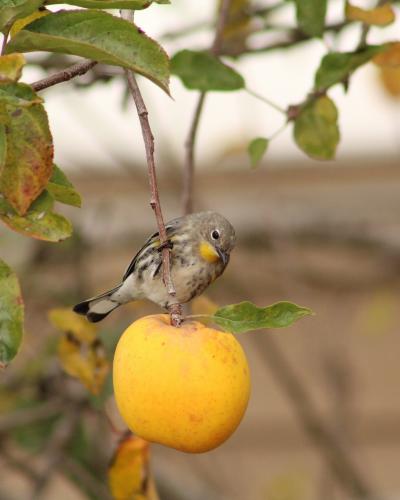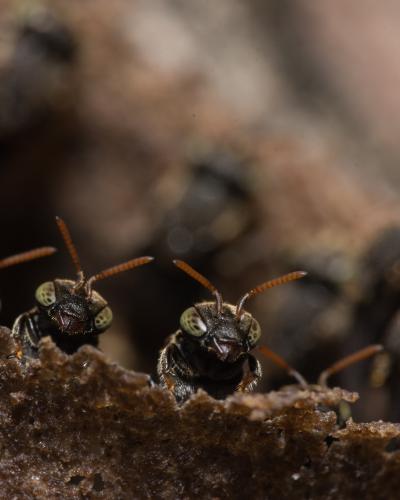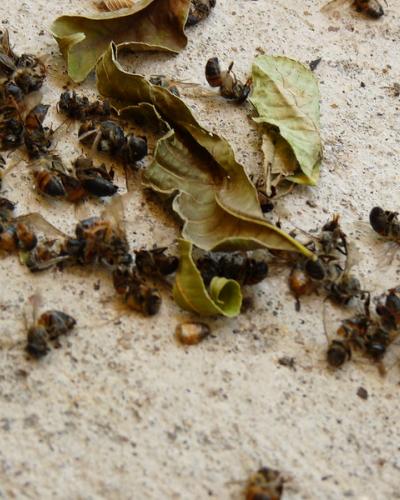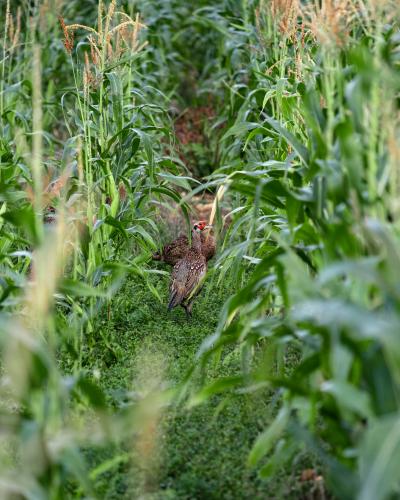Childhood exposure to synthetic glyphosate via diet and pesticide drift is associated with metabolic and liver disorders in adulthood, according to a recent American study published in the journal...
Aug 30, 2023
Birds from organic farms exhibit more vitality than those who live on conventional farms, according to a recent French study. Organic birds exhibit a higher rate of active behaviors including...
Mar 08, 2022
Avoiding harmful insecticides like chlorpyrifos (both for their own health and the health of farmworkers, who are directly exposed to these toxins in the fields) is one of the main reasons many...
Jul 26, 2021
In contrast to conventional farming, organic farming relies more on natural processes than chemicals to manage and prevent pests and diseases. A new study published in the journal Agronomy shows...
Jul 19, 2021
Chemicals sprayed in agriculture can drift from the target field during spray events, impacting human exposure and neighboring crops. A recent study published in the journal Environmental...
Jul 12, 2021
Glyphosate is the most widely used chemical in history, and its prevalence around the globe has caused concern for environmental and human health risks. The body of science that connects...
Jun 07, 2021
Soil health hinges on robust communities of soil bacteria and insects. However, a recent science review published in Frontiers in Environmental Science shows that pesticides sprayed both above and...
May 10, 2021
The chemical glyphosate, commonly used in herbicide formulas for at-home and agricultural uses, has received a lot of attention for its negative consequences on human health and its impacts on...
Apr 26, 2021
A recent study published in the journal Applied Soil Ecology found that after only 1-2 years after transitioning from conventional to organic practices, important soil invertebrate communities can...
Apr 19, 2021
A recent study in the journal Environmental Pollution is the first to show that chronic exposure to pesticides reduces fitness and reproduction of birds. Populations of farmland birds have been...











